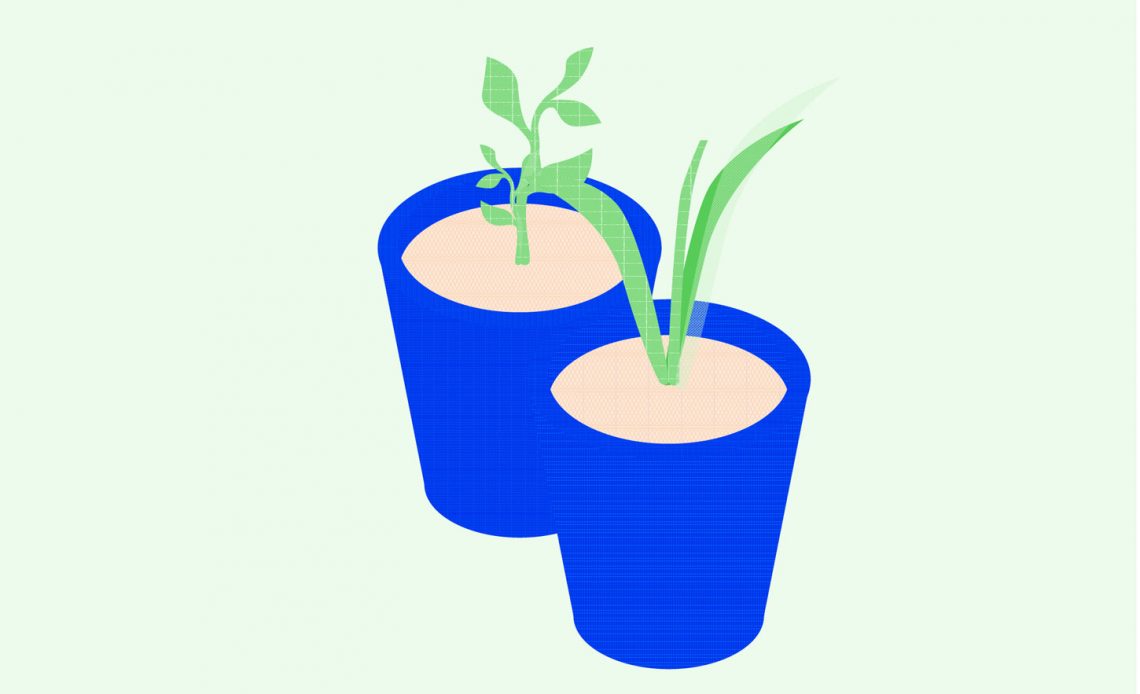
What are Halal Investments?
Halal is an Arabic word that relates to something being lawful or permitted. It is a common word among Muslims to define approved practices.
Halal investment is an inclusive option for anyone to invest in, especially Muslims who consider certain social welfare and moral standards when investing.
Interestingly, this form of investment has existed since the 7th century. But only started to experience formalization in the 1960s. Another interesting part is that the entire halal finance industry hovers around a $2 trillion valuation!
In this article:
- What are Halal Investments
- Types of Halal Investments
- Halal Investments with Cowrywise
- How to set up a halal investment plan
Types of Halal Investments
The major types of halal investments are:
- Sukuk Bonds
- Ijarah
- Murabaha
- Halal equity funds
How do you earn returns on Halal Investments?
The principle of halal investment is zero-interest. However, you can earn returns through Sukuk bonds, Ijarah and halal equities. Its earning philosophy focuses on profit and loss sharing, not the outright charge of interests.
Sukuk Bonds
These are similar to regular bonds–long-term loans. But under a Sukuk arrangement, the lender does not own a certificate that guarantees periodic payment with interest. Rather, they own a part of the asset and gain from the earnings of the asset.
Let’s break this down further. If a regular $10 million bond is issued to build an airport at 10% for 10 years, the borrower is obligated to pay (with the agreed interest) whether the airport makes money or not. On the other hand, a Sukuk investor (the lender) gets part payments of the $10 million–every year–without any interest. They only gain if the airport makes money–because they own a part of it.
A key advantage of the Sukuk is that it encourages the fair allocation of returns. However, the downside is Sukuk bonds are limited in number. Since they must have an underlying asset for investors to own a part in, they can’t be issued easily like regular bonds.
Ijarah Investments
In basic terms, this simply means rental income. The owner of an asset–say a building–transfers the rights to another party for an agreed fee over a period of time. For example, an ijarah arrangement was set up to build a shopping complex. The investors only earn from the fixed rental charge.
Halal Equities
Assume you have a personal rule not to eat cakes. It definitely won’t feel right investing in a cake business. Halal equities exist to cater to such principles. Only screened businesses get invested in. A common one is to avoid investing in firms that produce alcohol.
Halal Investments with Cowrywise
The above investment options come at really high prices, and they are also hard to acquire–premium deals. Thankfully, with the help of fund managers, that manage halal mutual funds you can gain from these investments. Currently, we have four of such funds on Cowrywise:
- ARM Ethical Fund
- Lotus Halal Fixed Income Fund
- Lotus Halal Investment Fund
- United Capital Sukuk Fund
» Already have an account? Log in to check the top Halal Funds here
New here?

How to set up a Halal Investment plan
- Signup here
- Login and tap “Actions”
- Select “Invest in Mutual Funds”
- Choose your preferred halal fund
With these offerings and many other investment options, we make sure you keep your money working–regardless of your faith. Start investing today.
Watch this video to learn more about how to have a Halal account on Cowrywise:
RELATED
Types of Investments in Nigeria
How to invest in equity mutual funds
Halal Certification: Why It Matters For Consumers And Businesses

Thanks for sharing this. And doing your best at educating people in money matters.
Thanks for reading too, Adesewa. ??
Nice, thumbs up
??
A great write up and an eye-opener Ope
Thanks for reading, Christopher
Perfecto!
—-Save for the future.
Yes!??
I love this.
?
This one was such a big learning for me. Big ups, Ope!
?? Glad it helped!
Always very helpful info. Thanks Ope
You’re welcome, Adekitan!
Chop knuckle, una too gbaski!
This is an eye opener, am glad to read through..
Will work towards a trust fund soon
Thank you Ope
Always glad to help!